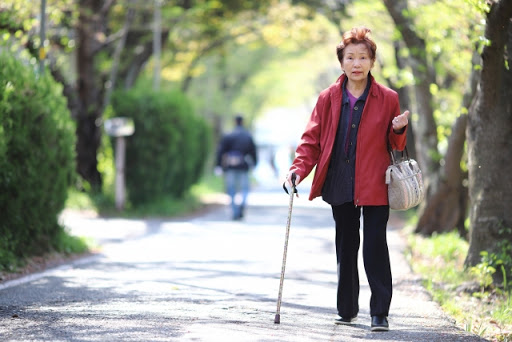
If the caregiver does not live with the elder, and even if he/she does live with the elder, he/she goes home early in the morning and returns late at night, it is more difficult to detect any deterioration in the elder's cognitive ability. Caregivers may think that there is no obvious problem because they see their elders at home in the morning and at night. In fact, caregivers may not be aware of how the elderly live during the whole period of time and whether they have to face any difficulties due to cognitive deterioration. For example, the elderly may need more and more time to recognize the way when they go out, or they may need the assistance of security guards or passers-by on the way home. If the elderly or other people do not inform the caregivers of the deteriorating cognitive ability of the elderly, they will not be aware of the deteriorating cognitive ability of the elderly, and thus overestimate the ability of the elderly.

